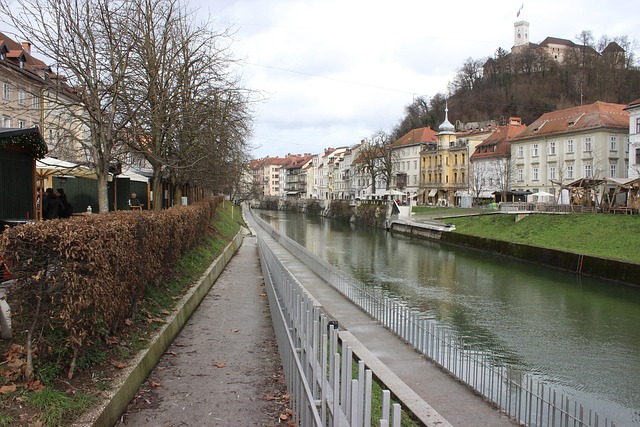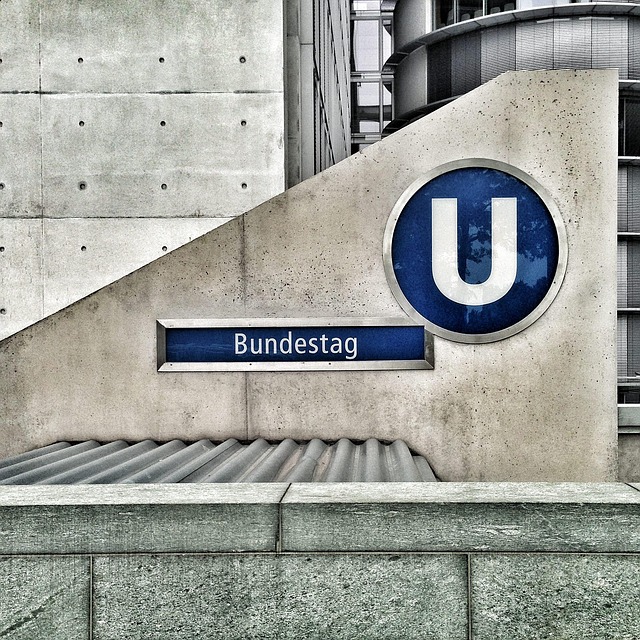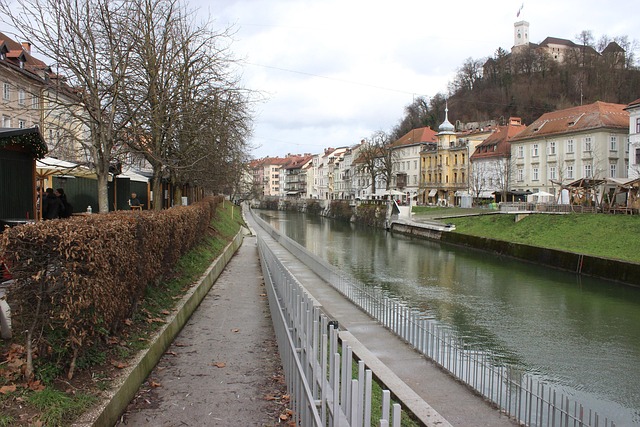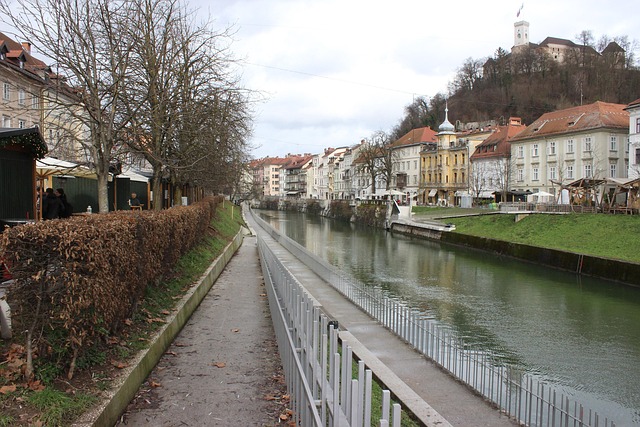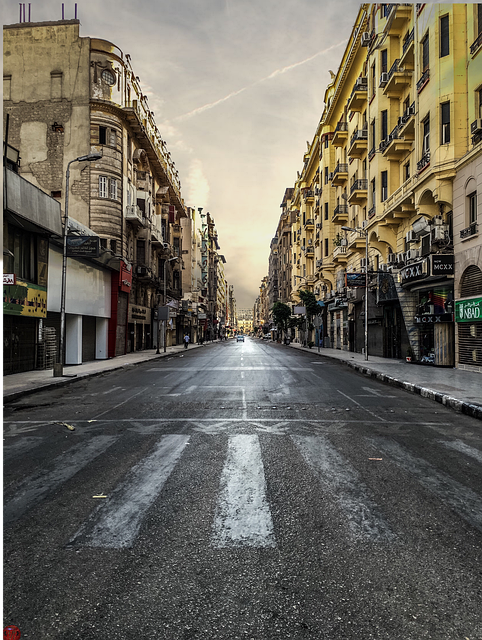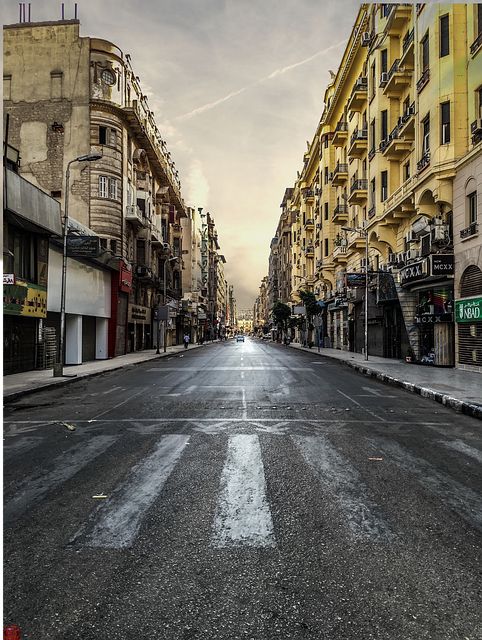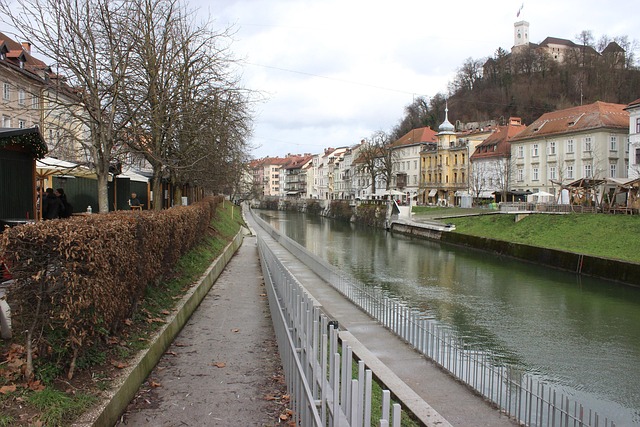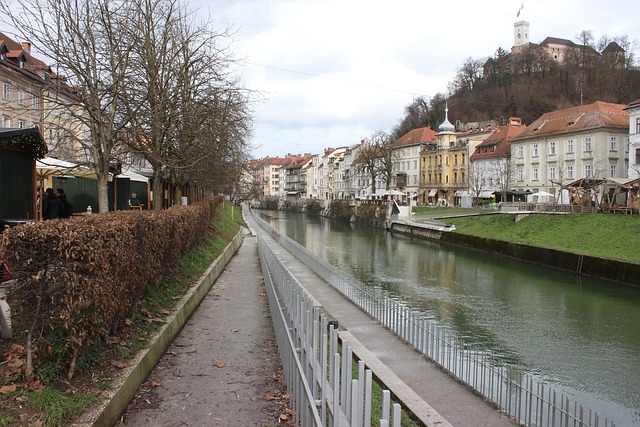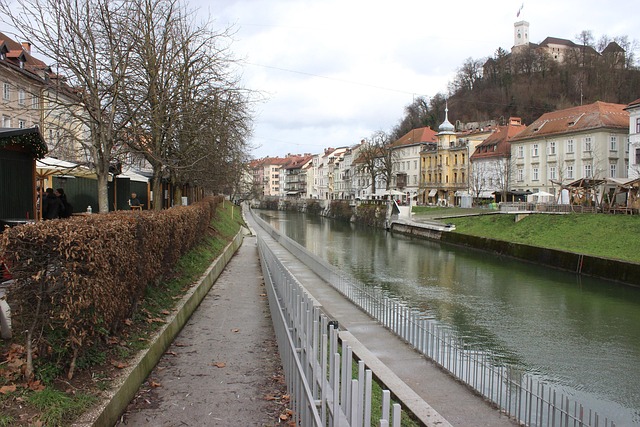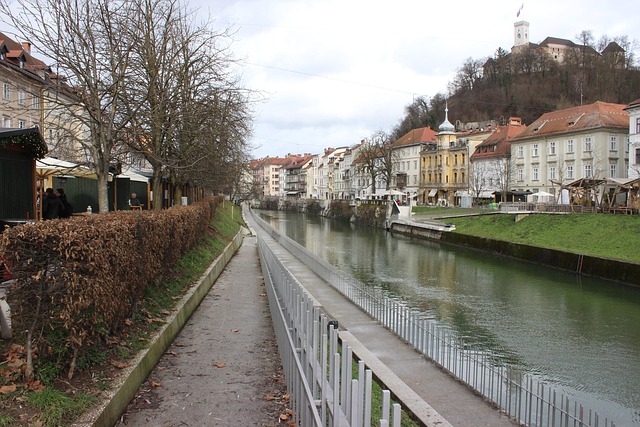Malir Cantt Check Post 6, a historical security checkpoint in Karachi, is crucial for regulating traffic and safeguarding the city's vibrant economy and diverse population. As Pakistan's economic hub, Karachi's bustling ports necessitate strategic checkpoints like this one to manage access and facilitate trade. The post not only serves as a barrier but also tells stories of migration and commerce, reflecting the city's rich history. By integrating technology, cultural initiatives, and smart urban planning, Malir Cantt Check Post 6 could evolve into a community driver for Karachi's progress, transforming from a checkpoint to a bustling hub of business, education, and recreation.
“Malir Cantt Check Post 6, a pivotal security hub in Karachi, holds historical and geographical significance. This strategic location has played an essential role in shaping regional security dynamics over the years. The post serves as a crucial checkpoint, screening thousands of individuals daily while facilitating local trade and travel. Despite challenges, its operations are a testament to the resilience of Karachi’s security measures. This article explores the historical background, geographic location, security impact, day-to-day functions, and future prospects, emphasizing community engagement in Malir Cantt Check Post 6’s evolution.”
- Historical Background of Malir Cantt Check Post 6 in Karachi
- Geographical Significance and Location
- Role in Regional Security and Its Impact
- Day-to-Day Operations and Challenges
- Future Prospects and Community Engagement
Historical Background of Malir Cantt Check Post 6 in Karachi

Malir Cantt Check Post 6, a pivotal security checkpoint in Karachi, holds a rich historical background that reflects the city’s evolving landscape over the years. Established during colonial times, this check post has witnessed the rise and fall of empires, serving as a strategic point for controlling access to the bustling metropolis. Karachi, known for its vibrant ports and hustling markets, has always been a gateway to diverse cultures and trade routes, making security measures like Check Post 6 indispensable.
As the city grew and transformed into Pakistan’s economic hub, the check post adapted to meet the changing needs. Its historical significance lies not just in its role as a security barrier but also in its ability to tell tales of migration, commerce, and social dynamics that have shaped Karachi into what it is today. This post stands as a silent sentinel, guarding against potential threats while allowing the free flow of people and goods, a delicate balance that defines the life of this vibrant coastal city.
Geographical Significance and Location

Malir Cantt Check Post 6, situated in the bustling metropolis of Karachi, holds significant geographical value. As one of the city’s pivotal checkpoints, it acts as a gatekeeper to the southern parts of the urban landscape. Strategically located along major transportation routes, this check post facilitates movement while ensuring security and order.
Karachi, known for its vibrant tapestry of cultures and industries, relies on such points to maintain its dynamic equilibrium. Malir Cantt Check Post 6, with its robust infrastructure, plays a crucial role in managing traffic flow, especially during peak hours, showcasing the city’s commitment to both accessibility and safety.
Role in Regional Security and Its Impact

The Malir Cantt Check Post 6 plays a pivotal role in securing Karachi, one of Pakistan’s largest and most vibrant metropolitan areas. As a strategic checkpoint, it is instrumental in screening vehicular and pedestrian traffic, ensuring the smooth functioning of the city while maintaining its safety. The post acts as a robust shield against potential threats, monitoring comings and goings to prevent unauthorized access and illegal activities.
Its impact on regional security is profound, as it facilitates intelligence gathering and facilitates quick response mechanisms. By controlling the flow of people and vehicles, the checkpoint contributes to counter-terrorism efforts, crime prevention, and ensuring the overall well-being of Karachi’s diverse population. This critical security measure has become an integral part of the city’s defense mechanism, fostering a sense of safety and security for its residents and visitors alike.
Day-to-Day Operations and Challenges

The day-to-day operations at Malir Cantt Check Post 6 in Karachi are a testament to the city’s bustling and diverse nature. This strategic checkpoint, situated along a major thoroughfare, plays a crucial role in managing traffic flow and ensuring security within the metropolis. Officers and personnel on duty are responsible for regulating vehicle and pedestrian movement, conducting inspections, and facilitating smooth transit while maintaining order. The post is particularly active during peak hours, when the hustle and bustle of Karachi’s residents and commercial activities demand meticulous coordination.
However, challenges abound, reflecting the complex dynamics of a metropolis like Karachi. Issues such as traffic congestion, especially during festivals or special events, test the capabilities of the checkpoint. Additionally, keeping up with evolving security threats requires adaptability and quick decision-making. Despite these hurdles, the dedicated team at Malir Cantt Check Post 6 continues to contribute significantly to maintaining the city’s safety and functionality.
Future Prospects and Community Engagement

The Malir Cantt Check Post 6, a strategic point in Karachi, holds significant potential for future development and community engagement. As the city continues to grow and evolve, this location can become a hub for fostering connections within the local community. By implementing initiatives that leverage technology and promote cultural exchange, the area can attract businesses, educational institutions, and recreational facilities, enhancing the overall quality of life for residents.
Community-driven projects, such as collaborative art installations or shared green spaces, can bring people together, celebrating Karachi’s diverse culture. With proper planning and investment, Malir Cantt Check Post 6 has the capacity to transform into a vibrant center that not only serves as a practical checkpoint but also inspires and unites the neighborhood, contributing to the city’s ongoing progress and prosperity.
Malir Cantt Check Post 6, strategically located in Karachi, has evolved from a historical checkpoint to a vital regional security hub. Its role in facilitating local movements while ensuring safety is unmatched. Moving forward, engaging the community and enhancing operational efficiency will be key to its success. By integrating modern technology and fostering open dialogue, this check post can continue to serve as a symbol of security and order in the vibrant city of Karachi.


